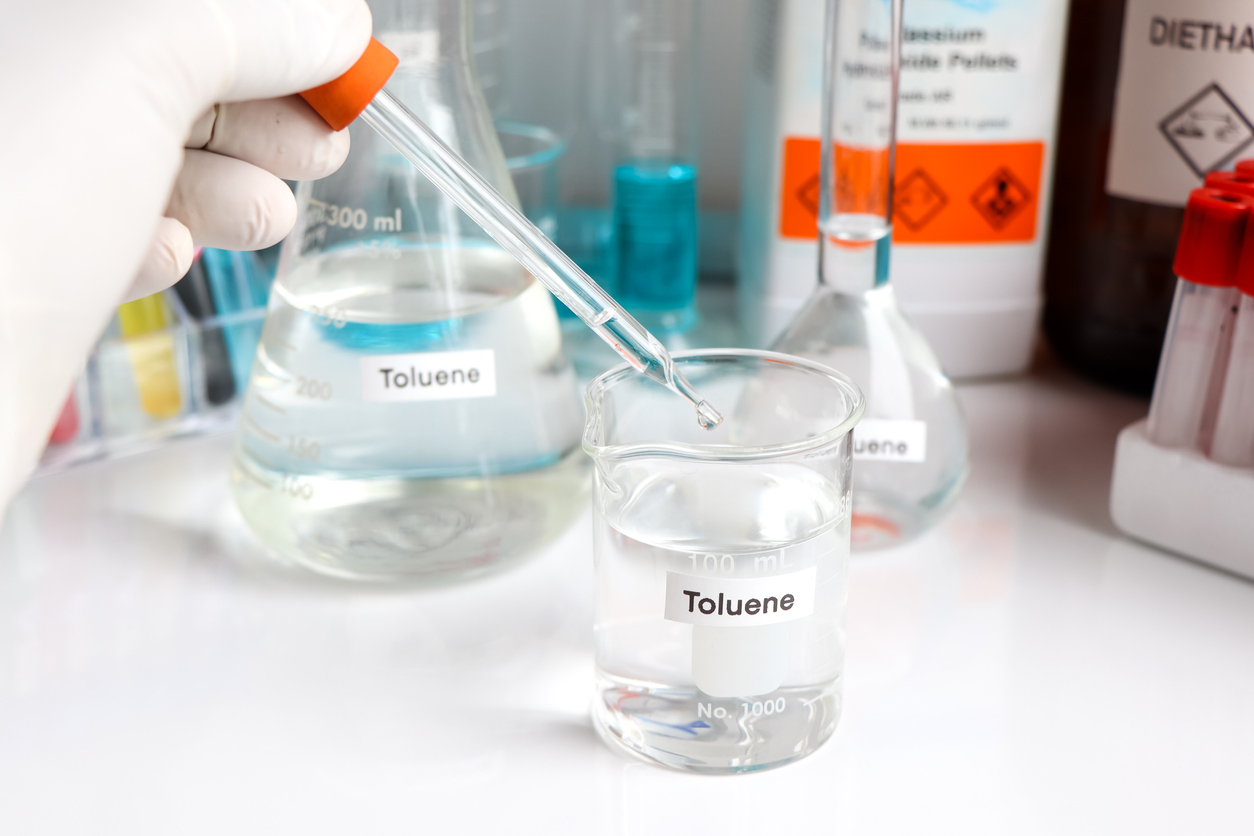5 Best Attributes of toluene: The Invaluable Chemical Ingredient
5 Best Attributes of toluene: The Invaluable Chemical Ingredient
The world of organic chemistry is vast and there are many different types of chemicals to be discovered. Toluene is perhaps one of the most underappreciated chemicals in the world. It has a wide range of uses but, like many other chemicals, it can also be hazardous if not handled correctly. However, toluene is also extremely useful as an ingredient in many different substances. In fact, there are many properties and attributes that make it invaluable for so many applications. Toluene (also known as methylbenzene) is an aromatic hydrocarbon that has several important uses as a chemical precursor or intermediate in the production of various final products such as perfumes and synthetic resins. It’s mostly used as solvent and cleaner due to its excellent dissolving abilities. Here are some interesting facts about this genus:
What is Toluene?
Toluene is a colourless liquid with a sweet smell that is sometimes also called methylbenzene. It is a non-renewable and very flammable hydrocarbon that is used in many industrial processes as a solvent and feedstock in the production of chemicals such as synthetic rubber, paint pigments, and benzene. In addition to these, toluene can also be used as a chemical intermediate in the production of various other chemicals or as a fuel source. Toluene is one of the oldest industrial chemicals, having been manufactured and used since the late 19th century. It is also one of the simplest hydrocarbons, consisting of a single benzene ring attached to three methyl groups, and is produced and consumed in huge quantities annually. About one-third of the world’s toluene is produced in the United States, the rest being produced in China, Mexico, the Middle East, and a few other countries.
Safety Precautions
– During production: Toluene is both flammable and explosive. As such, it is important to prevent fires and sparks around this chemical plant to reduce the risk of explosion. Likewise, toluene can be absorbed through the skin, so it is important to wear protective clothing and gloves when handling it. – In warehouses: Toluene evaporates quickly and can build up to dangerously high concentrations in poorly ventilated areas. For this reason, it is important to maintain a good ventilation system in warehouses where toluene is stored. – In laboratories: Toluene is a strong solvent. Therefore, it is important to protect lab benches and equipment from damage due to the corrosive nature of toluene. It is also important to avoid contamination of samples and reagents with toluene.
Why is Toluene so Important?
Toluene is an extremely useful chemical, being used in many different industries. In fact, its versatility as an organic chemical is what makes it so useful. It can be used as a solvent for many different materials, as a feedstock for the production of other chemicals, and even as a fuel source. If you look at the periodic table, you’ll find that toluene is a hydrocarbon, which means it’s made of hydrogen and carbon atoms. Hydrocarbons are very common in the world – they’re the stuff that natural oils and fuels are made from. Hydrocarbons are also important chemicals that are widely used in manufacturing, but they can also be used as fuel to run things like cars and planes.
Uses of toluene as a raw material:
Toluene can be used in the production of: – Rubber: As a precursor for benzene, toluene is used in the production of synthetic rubber. – Dyes: Toluene is used in the production of dyes for fabrics, papers, and other materials. – Benzene: In large quantities, toluene is used as a feedstock to produce benzene, which is used in the production of gasoline. – Toluene itself can also be used as fuel in certain circumstances. – Pyridines: Toluene is used in the production of pyridines, which are important reagents in organic chemistry. – Phenol: Toluene is used in the production of phenol, which is an important industrial chemical. – Phenol can also be used in the production of certain polymers. – Phenol can also be used as a solvent.
Fun fact: Did you know that Toluene can also be used to make rocket fuel?
– Toluene can be used as rocket fuel. It can be used as a fuel for engine-powered rockets. As such, it can be used in both liquid and solid rocket fuel. – The high energy of toluene, compared to other organic compounds, makes it a good fuel for rockets. – The principal use of toluene as a rocket fuel is in the production of tetroxIDE, which is a high-energy fuel with a very high specific impulse, making it ideal for long-range space flights. – A specific impulse is a measure of the fuel efficiency of a rocket. It represents the amount of impulse the rocket can produce per unit of propellant consumed. – It is measured in seconds, and the higher the number, the more efficient the rocket.
What is the History behind toluene?
Toluene is one of the oldest industrial chemicals, having been manufactured and used since the late 19th century. It is also one of the simplest hydrocarbons, consisting of a single benzene ring attached to three methyl groups, and is produced and consumed in huge quantities annually. The toluene molecule could be described as just three methyl groups attached to a benzene ring. – The benzene ring is a benzene ring with two methyl groups attached to it, an ethyl group and a methyl group, so it can be thought of as a combination of these two.
Summary
In short, toluene is an extremely useful chemical, being used in many different industries. It can be used as a solvent for many different materials, as a feedstock for the production of other chemicals, and even as a fuel source. Its versatility as an organic chemical is what makes it so useful. It can be thought of as a combination of two chemicals: an ethyl group and a benzene ring. It has been manufactured and used since the late 19th century, and it is one of the simplest hydrocarbons.








LEAVE A COMMENT
You must be logged in to post a comment.